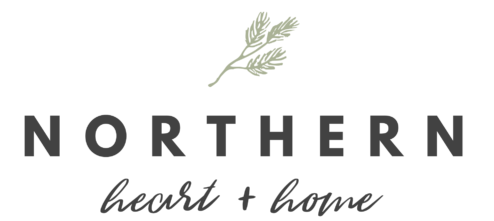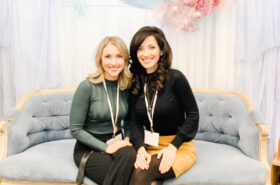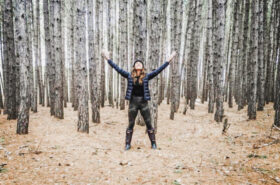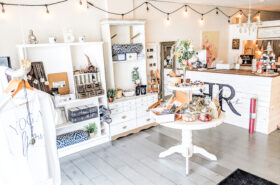Northern Heart + Home was designed to celebrate the people, places and positives that set the North apart. This spotlight series focuses on exactly that: the people who are at the very heart of our Northern communities. Each profile highlights leaders who are pursuing their dreams, creating meaningful lives and truly shining in the North. This Northern Heart Q+A features Taryn Green and discusses empowering diverse voices and ending ableism.
Taryn Green believes in the power of storytelling, especially for its ability to empower diverse voices. Taryn has cerebral palsy and shares her experiences navigating motherhood in her blog, thetrianglegirl.ca, to create awareness and normalize disabled parenting.
Her passion for storytelling and disability advocacy began with creating a short film for the Ontario-wide Envisioning New Meanings of Disability and Difference, an art initiative that featured the stories of women with disabilities and physical differences. Taryn won first place in the national film contest, FilmPossible for her short film The Triangle Girl Retold, which encourages each of us to embrace our uniqueness.
Proudly hailing from Sudbury, Ontario, Taryn holds an Honours Bachelor of Arts in English Literature and an Interdisciplinary Masters of Arts in the Humanities from Laurentian University. She also has a post-graduate diploma in Post Production from Humber College and a Certificate in Digital Marketing from the Canadian Marketing Association.
Taryn is an avid traveller, a dedicated community volunteer, and loves collecting thrift books by diverse authors for a Little Free Library in her front yard. She deeply cherishes time shared with her husband and 4-year-old daughter, Mia.
Read below to learn more about Taryn, the work she’s doing to increase awareness for ableism and her advice for those looking to become better educated on the subject.
The Northern Heart Q+A: Taryn Green
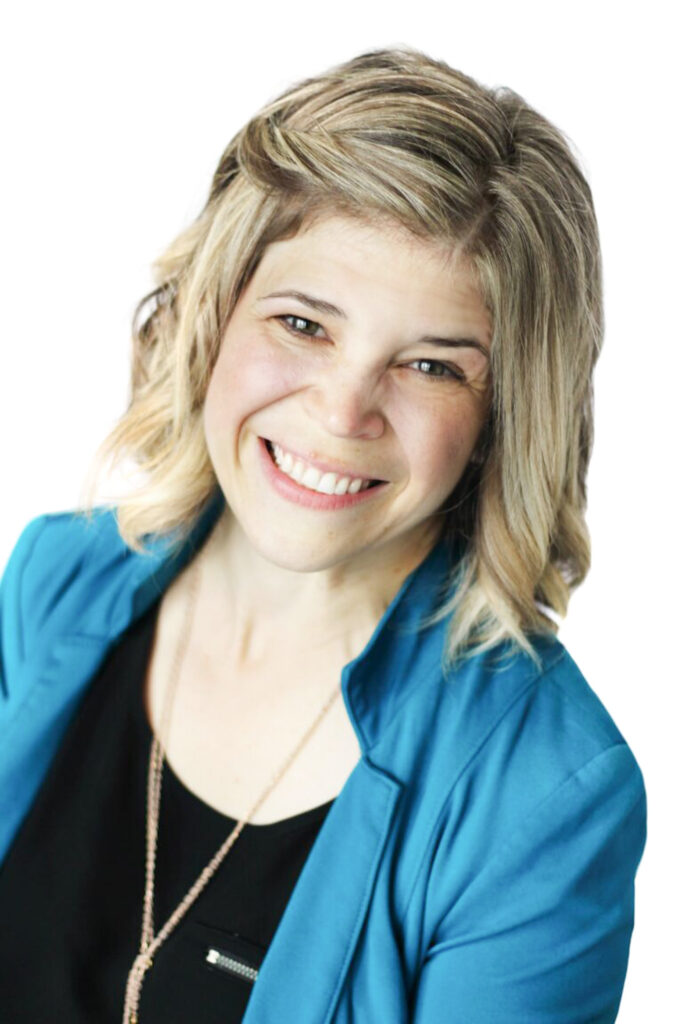
Why did you decide to start your blog to broaden the conversation about what having a disability means?
Beyonce Knowles once said “my daughter introduced me to myself“. My daughter, Mia, did the same thing to me. Before having Mia, I didn’t see my disability the same way I do now. Every time I help her dress or prepare her food, I see my hands fumble, I hear myself silently pray that Mia has the patience to wait for me to complete the task. I have a speech impediment due to my Cerebral Palsy and I hear my voice more because of the increase in home videos recorded on a cell phone. I always had Cerebral Palsy, I always was an advocate, but sometimes I’d forget I had a disability.
Being a mother caused me to take a closer look at who I am. Do I truly love and accept myself the way I thought I did? Motherhood, and Mia’s dependence on me, made me take a closer look at my self-acceptance. I wanted to embrace ALL that I am for me and to be a stronger more confident mom for Mia. About a year ago I decided to embark on a journey – I started a blog to share my experiences navigating motherhood while learning about my strengths as a disabled mom. Also, in an effort to find “others like me” I started to follow new hashtags on Instagram, diversifying my feed, and that eventually led me to more and more disabled parents and other disability activists. It helped me find my voice.
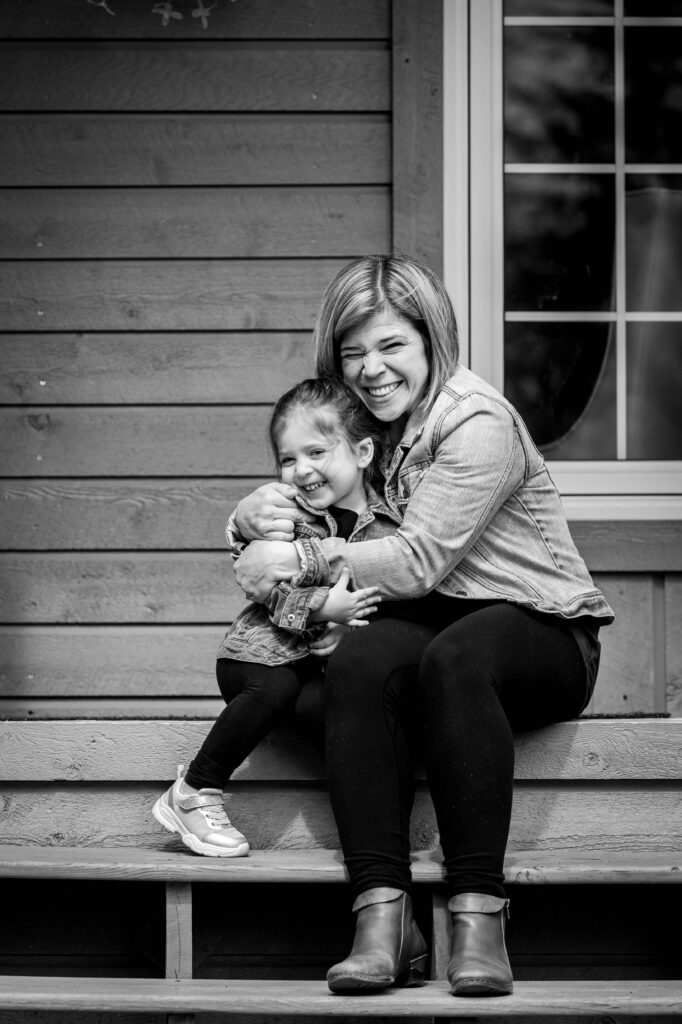
Tell us about the work you’re doing to shed light on underrepresented voices in the North.
I feel like in the last year I have transformed into a sponge, literally reading and learning and soaking up all I can about disability rights. There was so much I didn’t know! And if I, a disabled woman, didn’t know these new terms and microagressions, I knew my community likely didn’t either; so when time allows, I share what I learn either on my Instagram profile or through my blog.
Recently I was asked to speak to the Sudbury Rotary clubs about what I’ve learned and how we can make our community and workplaces more welcoming and accessible to the disability community.
At the end of May, I was a round-table facilitator on the topic “Accessibility -An Equal World is an Accessible World – Lives & Leadership of Women with disabilities in the Canadian Workforce” at the WXN Network Canadian Equity, Diversity, and Inclusion Summit.
Also, I feel fortunate to work for a company that is passionate about Diversity & Inclusion; as a co-lead on BrokerLink’s Accessibility for All task force, I am encouraged to share my perspective and contribute to positive change within the organization.
I am by no means an expert! I am continually learning every day by some of the bravest, strongest activists out there. I also always stress that disability and cerebral palsy is diverse. My personal experience is one of millions. All disabled people experience disability differently and uniquely and that is why we should make space for each voice, perspective and story – they all matter and deserve to be heard.
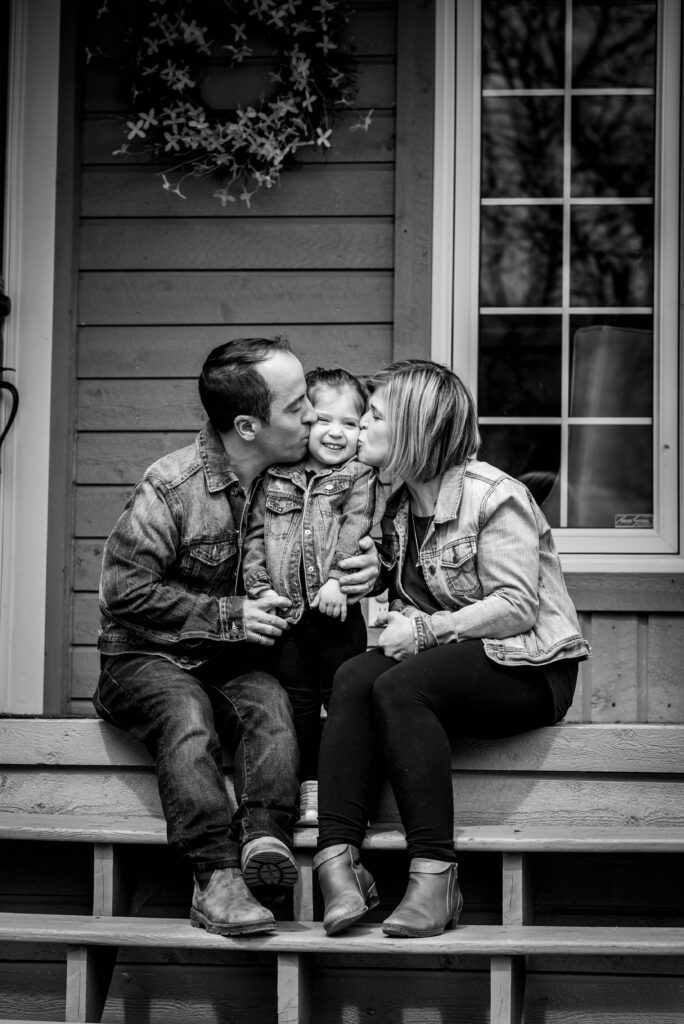
What does the term ‘ableism’ mean and how can we stop this form of discrimination?
Ableism is defined as “the favouring of non-disabled individuals over those who are disabled.” It’s injustice, prejudice or discrimination solely on the basis of disability. Ableism comes in many forms: direct, indirect, systemic, internalized, and microaggressions. It perpetuates the idea that disability is different, less than, and should be excluded; non-disabled or “typical abilities” are superior. (Source: So, What Is Ableism?)
I believe ableism is insidious. It has been built into every aspect of society. Examples of ableism include not providing a ramp to the stage at an awards ceremony, or not having accessible entryways or washrooms – it implies disabled people are not welcomed in those spaces. It can also include common phrases seen as microaggressions: “I don’t see you as having a disability,” basically says that you don’t acknowledge a major part of their identity — it’s erasure. Describing disability as something that someone is “inflicted with” or “a victim of” implies that they are passive to their disability.
Another good example is when people avoid the word “disabled” or “disability” and use euphemisms instead like “handicapable,” “special needs,” or “differently-abled”. Disability is uncomfortable for a lot of people and often the word is avoided in an effort to create a separation. However, I don’t want to separate from my disability – it’s part of my identity and I am proud of it. It has provided me with many opportunities, gifts, and challenges. I am not ‘less than’ because of it – in fact, it greatly adds to who I am.
Ableism is very present in parenting. It lives in the idea that parenting must be done a certain way. I know for a fact that my daughter is very patient, understanding, kind, accepting, and independent because she has a mother with Cerebral Palsy. At five months old, when many moms are still cradling their children while feeding them, my daughter was able to hold her own bottle while lounging in her mamaRoo. Even though I couldn’t hold her due to tendonitis that had developed, I sat beside her and helped her build strength and independence. It is common to view disability as a negative thing, when in fact, it’s an opportunity to approach life differently and reap the benefits of the change in perspective.
How can we stop ableism? Be mindful of your physical environment, and the language you use. Understand that partially accessible is not accessible. Do the research and educate yourself; learn from and respect disabled people – they’re masters at being creative. Keep your mind open to the possibilities that “difference” can create.
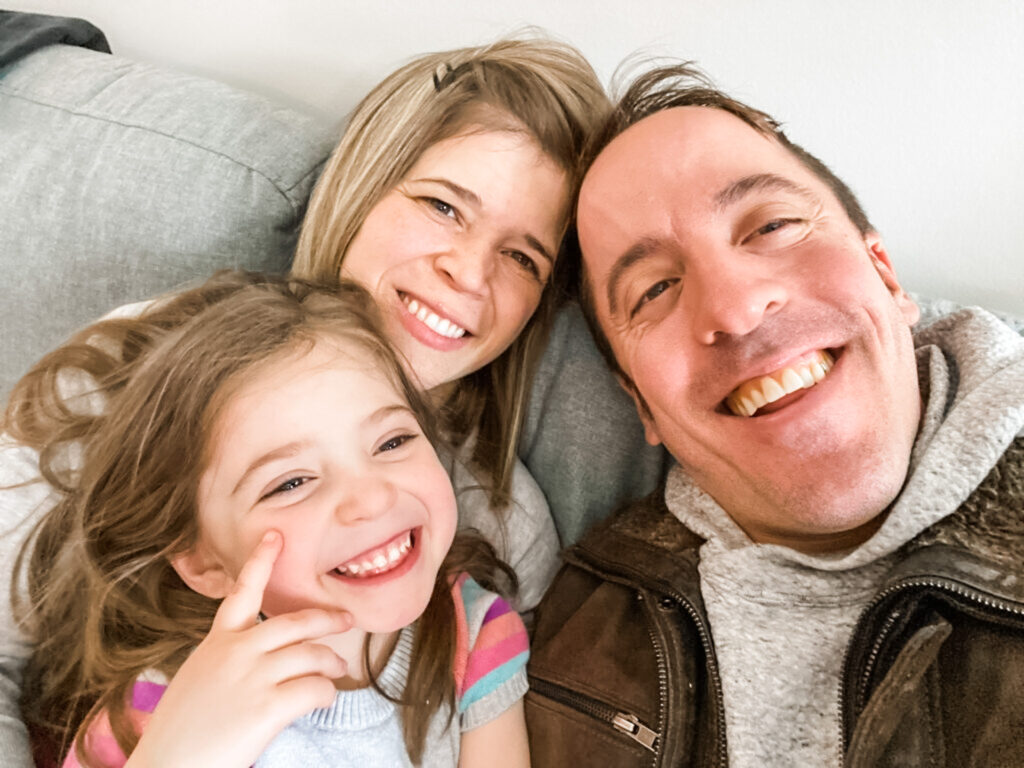
As a mother to a young daughter, what is the best lesson you would encourage other parents to teach their children about people with disabilities?
Children are naturally curious and their curiosity should not be stifled. It is natural for children to ask questions about people who are different, however, it is not up to the disabled person on the street to have to field those questions and educate. It is up to you, as a parent, to do the research and have these conversations within your home.
Teach your children that everyone is different – we all have unique abilities and we all use different tools to help us get around and move independently. Differences are beautiful. They make us the unique person we are and no matter what the difference or disability, it should always be celebrated. Pointing and staring are rude and make the disabled person feel uncomfortable and awkward.
Be present with your children when out in public. Talk to your children about pointing and staring and consider how it makes the disabled person feel. Also, avoid scolding or shuffling your child away out of embarrassment. This reaction further perpetuates the idea the disability and difference are something to be feared or be ashamed of. If you see your child point, stare, or blurt an inappropriate comment, look the disabled person in the eye, say “I’m sorry”, and remind your child that everyone is different. Make a mental note to discuss this topic together at home.
If you or your child are curious about the individual’s disability, quite frankly, it’s none of your business — disability is personal.
So what can you do instead? Do the research yourself and get educated. Diversify your social media feed – follow disability activists and listen to their stories. Read books and blogs by disabled authors. Listen to podcasts hosted by members of the disability community. There are people in the disability community who are educators and are speaking up. Those are the people that you can learn from. This is a great explanation by The Catchpole family.
Once you have done some research and learning, start the conversations with your children. Read books by disabled authors and watch TV shows that hire disabled actors. Bring inclusive toys into your home like a toy wheelchair for a doll or action figure. If you take the steps to normalize disability in the home and talk openly about it, your child will be better equipped to understand differences when they see them in public. If they ask questions where you don’t know the answer, research it together.
Personally, I don’t mind answering questions – you can visit me at my blog and share your thoughts.
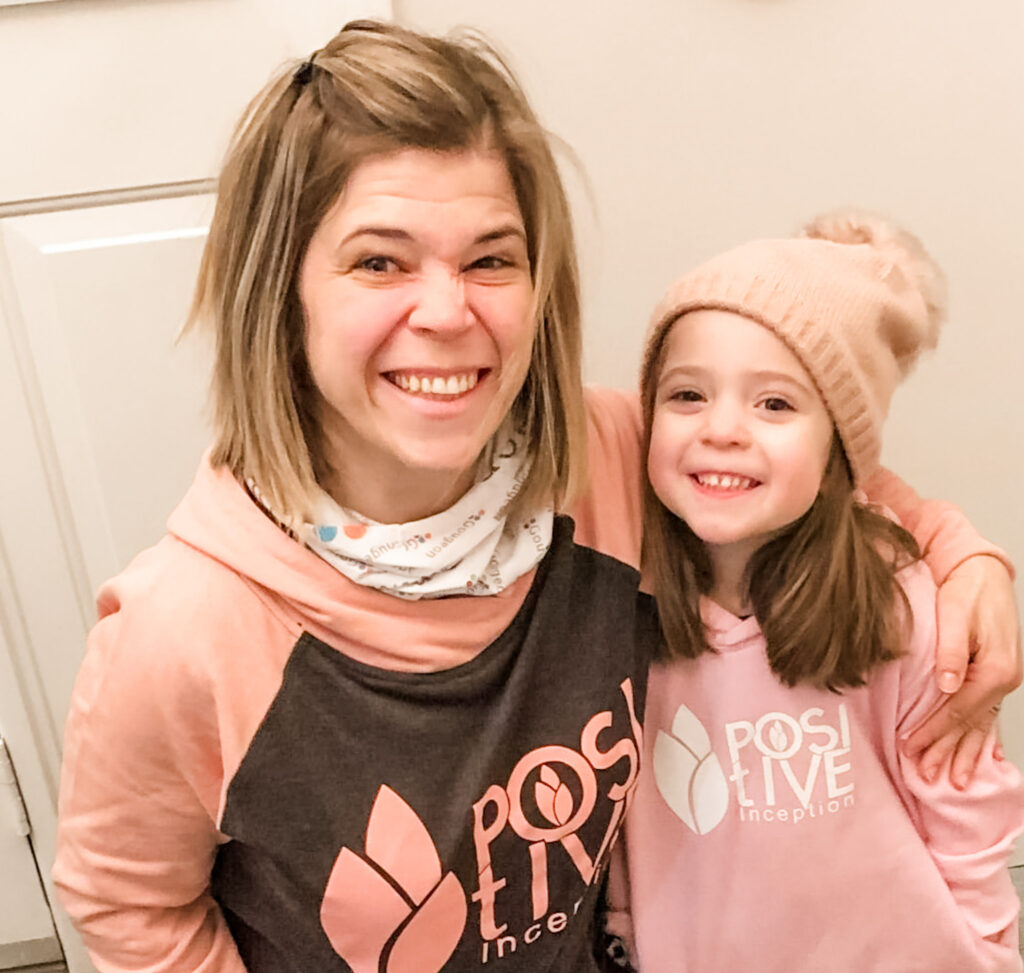
How can we work to get involved, show support and/or learn more about disability discrimination to create more inclusivity in our northern cities and towns?
If you’d like to help encourage inclusivity in your community, invite disabled voices and perspectives to the table. Thank you to Northern Heart + Home for doing just that by featuring my voice/perspective. But my voice is but one of millions – listen to and learn from as many perspectives as possible. Disability is so diverse – each story matters.
Are you a law or policy maker? Do you sit on boards? If you are about to make a decision involving the disability community, it is imperative that their voice/perspective be present at the table during the decision-making process.
Do you own a business? How do you address accessibility? Disabled people have a purchasing power of $50 billion in Canada (source). Together with family and friends disabled people represent 73% of consumers. I have many experiences where we’ve left a local business because they couldn’t accommodate a friend in a wheelchair. Similarly, I have experiences where we purposefully supported a business because of it’s accessibility. Accessibility is just good business.
Being inclusive is extremely easy—to make a difference, just listen to and respect the disability community. Treat disabled people as your equal, because they are. There is a popular saying, turned hashtag, within the disability activism community – Nothing about us without us.
Remember that and put it into practice, and you will make a fantastic disability ally!
Click here for more resources and further learning from Taryn to get started!
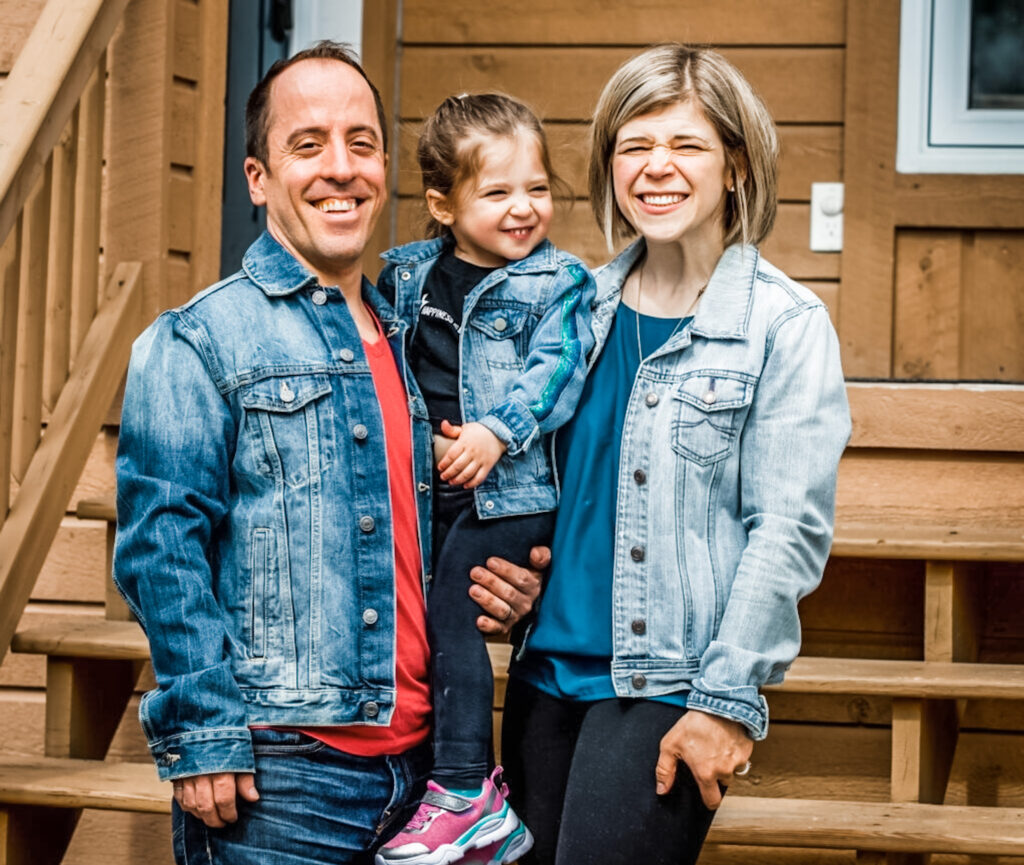
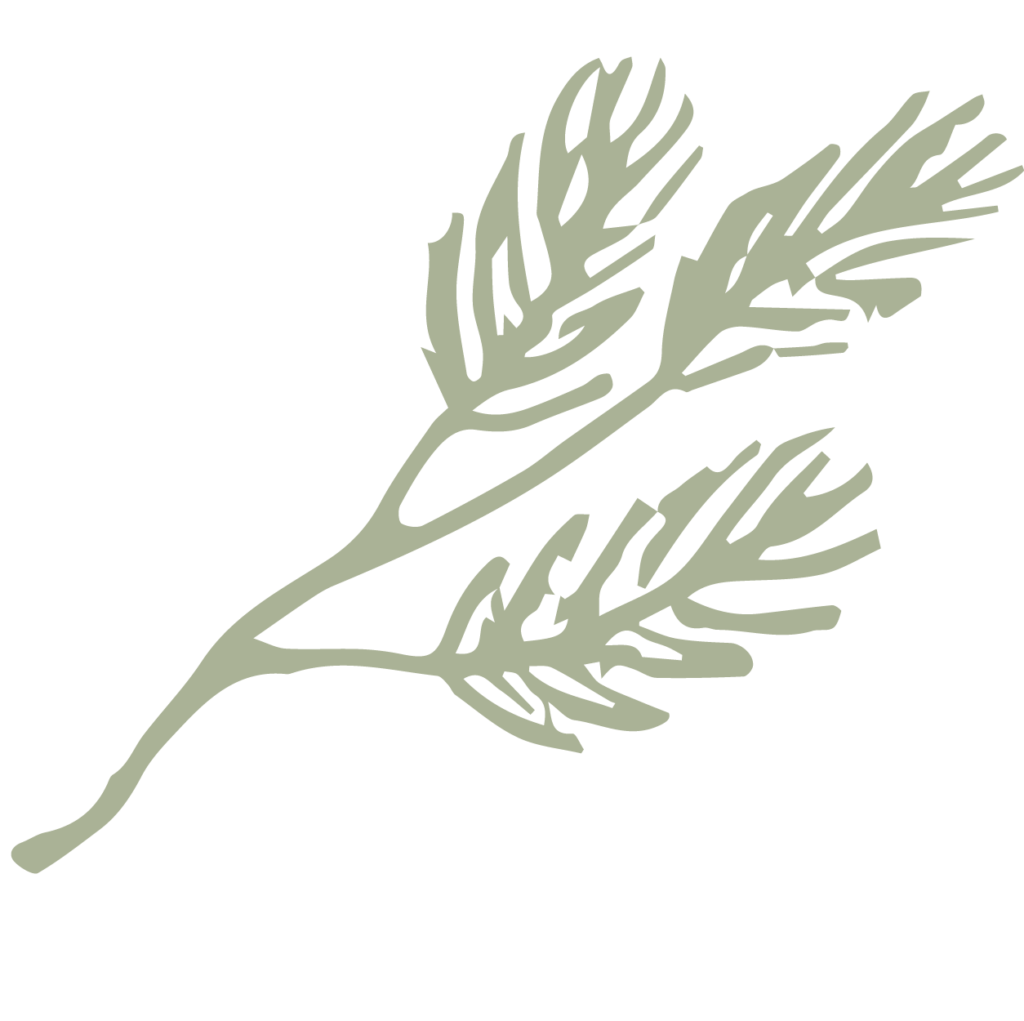
Follow Taryn:
Do you know of an amazing Northerner who is pursuing their dreams, creating a meaningful life and truly shining in the North? Let us know!
